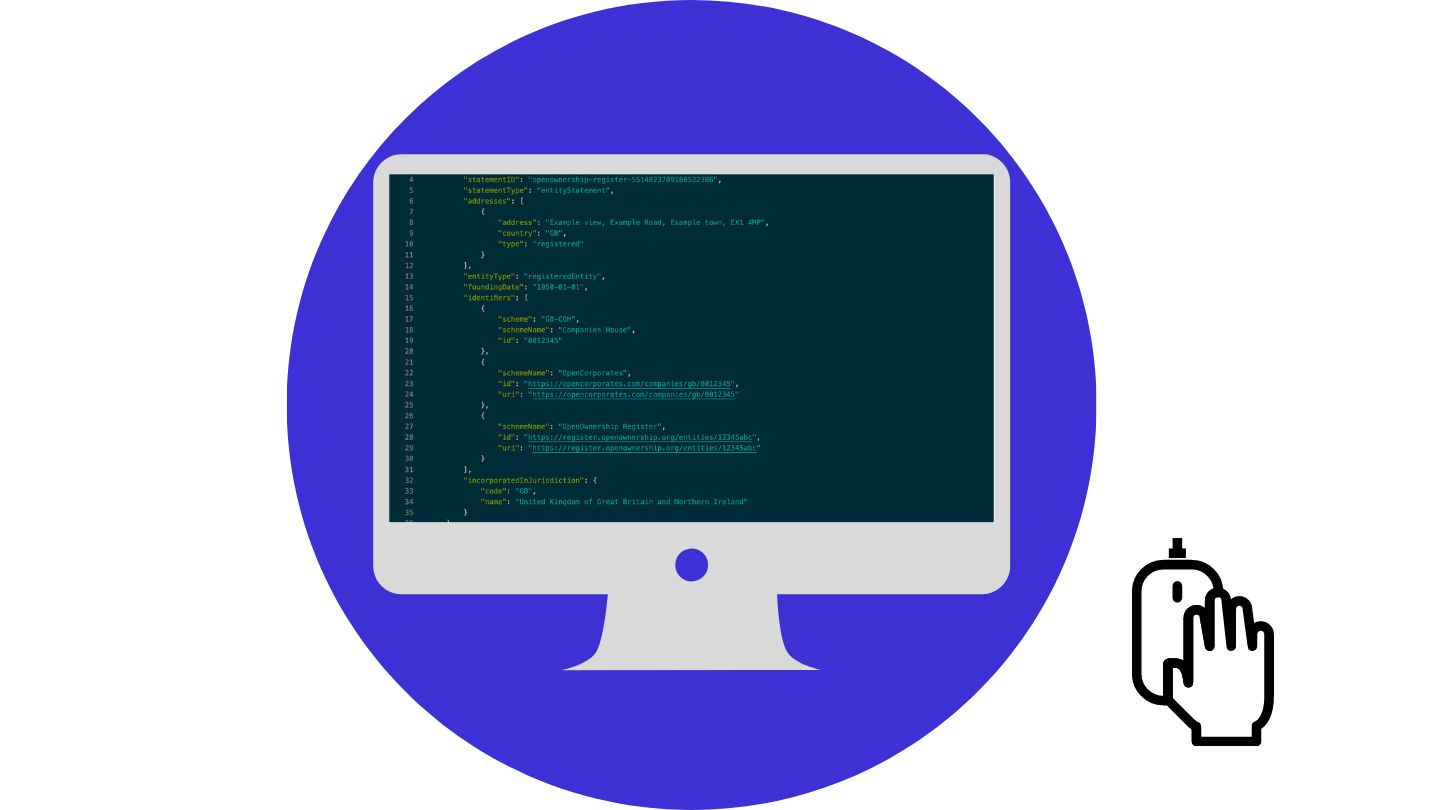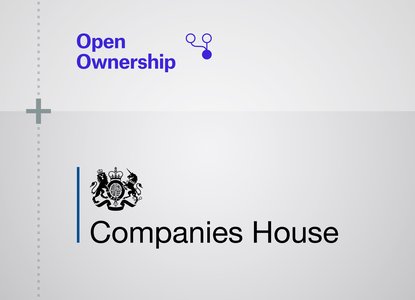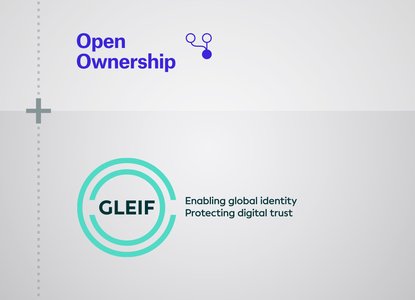Structured, bulk data now available from the Open Ownership Register

Since 2017, the Open Ownership Register has aggregated open beneficial ownership data from around the world. We regularly import data from the UK, Denmark, Slovakia and Ukraine, linking it together to build the world’s largest open database of beneficial owners. With the Register, we try to put into practice all of the quality recommendations we make to our partners: de-duplicating records, matching companies to authoritative sources, and keeping all historical data.
This database has always been freely accessible to all, but we’ve seen a considerable rise in usage over the last six months. In particular, we estimate that 90% of our users are now robots. These robots automate the download of beneficial ownership data for integration into other systems. Responding to these changes, we recently launched a new feature allowing anyone to download the entire dataset in one go. In all, over 20 million records are now available in the database: every company and person, and every ownership or control relationship.
This data is automatically formatted according to our Beneficial Ownership Data Standard (BODS). Nearly 10GB of statements made in beneficial ownership disclosures about people and legal entities are linked by associated ownership or control statements. By releasing this data in a structured and well-documented format, we hope it will be easy to re-use and possible to link to other BODS sources in the future.
As well as releasing the data, we have made a major change in the way we license it. With the gracious support of OpenCorporates, we have removed the limitations on using our data commercially. Now it can be used for any purpose, so long as it is attributed to Open Ownership.
An early adopter of this new data source is Sqwyre – an online market intelligence service which aggregates open data to level up the playing field between small companies and large corporations interested in real estate intelligence. One piece of this puzzle is understanding corporate ownership, which is where beneficial ownership comes in. Sqwyre uses our bulk data to match the names of ratepayers in local council data to their larger corporate groupings. For example, the shops on your high street that display the sign of a well-known brand may in fact be owned by, and paying rates as, a local subsidiary company. It’s only when corporate and beneficial ownership information is available that the true picture comes into view.
Using beneficial ownership data from the Open Ownership Register enables Sqwyre to both fill in some of the gaps in their data, where councils withhold ratepayer information, and to perform higher-level analysis of local economies. Sqwyre aims to assess how concentrated or diffuse the local economy is, and eventually make comparisons between how well independent businesses are doing in a specific area compared with larger corporations. These services are currently provided as part of Sqywre’s bulk data service and research consultancy.
We would love to hear more from our data users. If you are already using it, please get in touch and tell us about your use case. Likewise, if you would like some advice or assistance in using our data, please get in touch via [email protected] and we would be happy to help.
Related articles and publications
Publication type
News article
Topics
Open Ownership Register
Sections
Implementation,
Technology
Open Ownership Principles
Structured data


